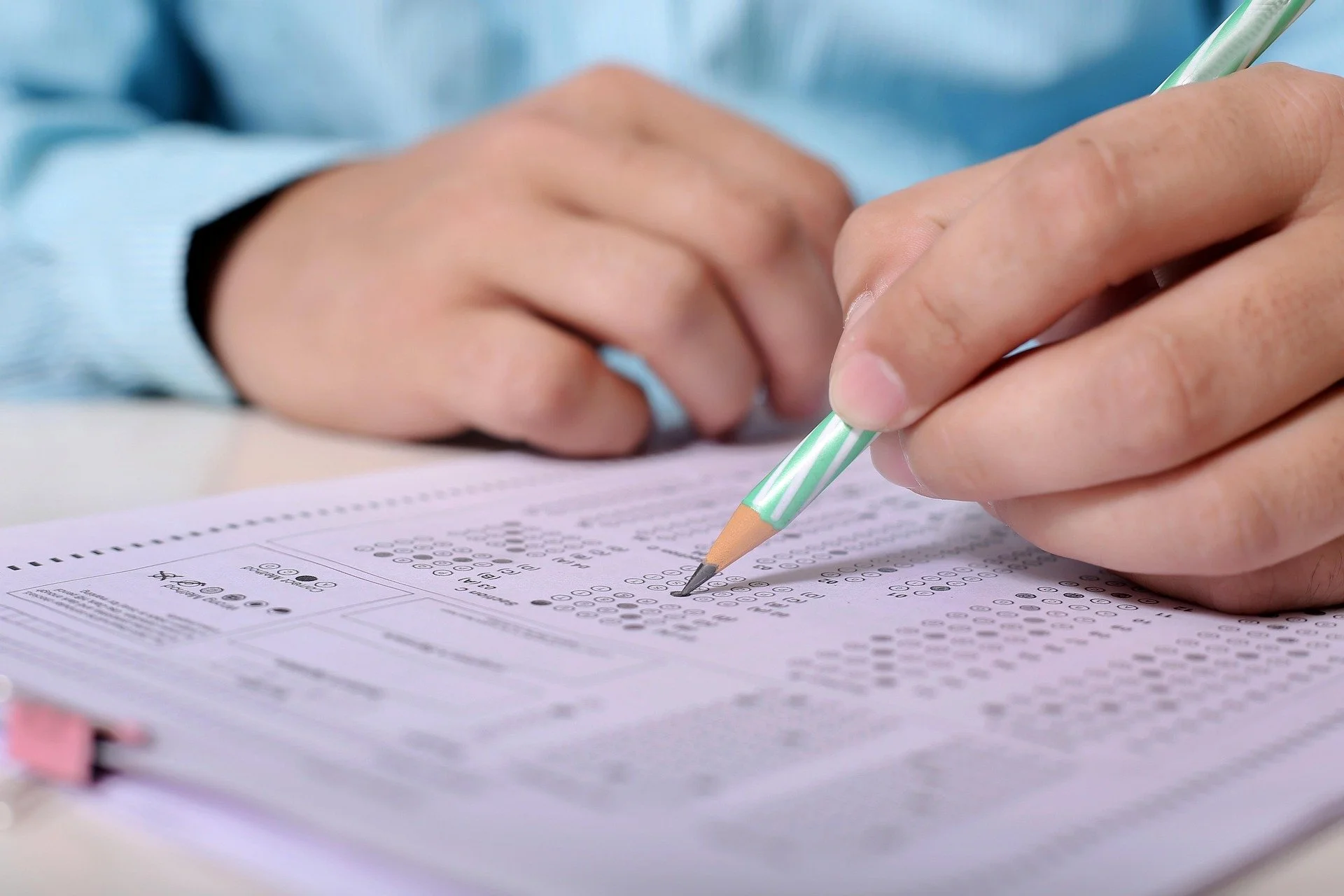Learning Resources
A teacher in Saskatoon was in the news in January 2024, explaining why she quit teaching after 12 years. She described a scene in her classroom one day, when one of her students was being very violent to themself and to other kids so she had to hold the student and rock the student while she was trying to teach, while her other students who have intensive needs were maybe throwing desks or rolling around on the ground or arguing with other kids. Could you learn algebra in that classroom?
We can help students prepare for math competitions by teaching them math skills they may have forgotten, math skills they have not yet learned, and by working with them to develop their problem-solving abilities.
What is dyscalculia? Many people have heard about dyslexia, but not nearly as many have heard of dyscalculia. In the same way that dyslexia is a learning disability that makes it hard to read and to spell, dyscalculia is a learning disability that makes it hard to understand and work with numbers and mathematical concepts.
While out for coffee at Tim Hortons with a friend, he said that it would be really cool if he knew what all the parts of the cup are called in terms of 3D math objects and how to calculate the surface area of a Tim Hortons cup. So, as one who never misses an opportunity to fulfill my friends’ math dreams (haha… it is rare!), I set out to make a fairly complete attempt at this and figured that I would share since others might find it interesting too!
Saskatchewan grade 10 students’ scores had an average of 468 points, while the average Canadian grade 10 student scored 497. This means that Saskatchewan grade 10 students were approximately two years behind average in math compared to students in the rest of the country in 2022!
One of the best things about being an online learning centre is that we have access to so many great resources at our fingertips! We love videos and games about math (and other subjects), and lately we put together some resources for middle years math number skills. Be sure to check them out, because they are great!
We are very experienced at helping students learn the steps to solve math problems and to gain practice and confidence in solving math problems, in both English and French! Be sure to book a tutoring session if you have a student who struggles with math problems in English or French.








